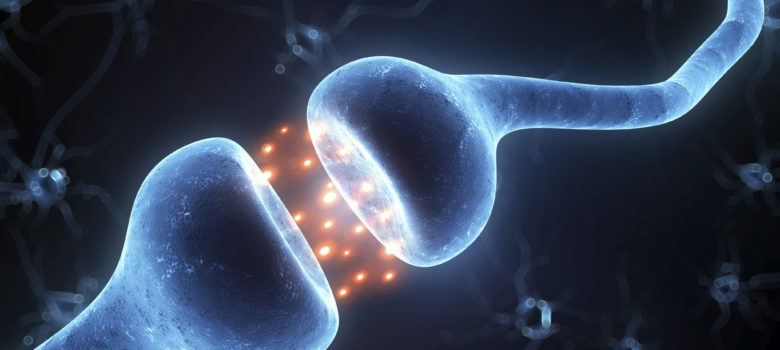

Is It Possible To Kick-Start Brain Cell Growth?
by Zara Jethani
Electrical stimulation therapy may have a big impact on brain health and recovery in patients with mood disorders, dementia and neurodegenerative disorders.
The normal activity and function of our brains depends on over 100 billion neurons that send and receive electrical and chemical signals. In order for neurons to work properly, they must be able to develop individual connections to communicate with other neurons, a process called neurite outgrowth. These connections, also called synapses, play an important role in normal brain health.
Problems in developing and maintaining these connections have been implicated in age-related changes in brain function as well as in mood disorders, dementia such as Alzheimer’s disease, and neurodegenerative disease.
A recent study provides evidence that targeted micro-electrical stimulation of cultured brain cells from pre-clinical models can enhance neurite outgrowth and the formation of synapses. In other words, electrical stimulation can help neurons develop and maintain connections that otherwise can be lost with aging and in mood disorders, dementia and neurodegenerative diseases.
This is a big deal.

Achal Singh Achrol, MD, is the Director of Neurovascular Surgery and Neurosurgery Clinical Trials Program at the Pacific Neuroscience Institute and Chief of the Glioma Surgery Program at the Saint John’s Cancer Institute at Providence Saint John’s Health Center.
He says, “Our team at Pacific Neuroscience Institute is actively working on a number of clinical trials to study the effectiveness of electrical stimulation in brain health and recovery.
“We already have seen several recent FDA approvals for techniques that use electrical stimulation to treat the brain. This includes deep brain stimulation (DBS) in movement disorders such as Parkinson’s disease, vagal nerve stimulation (VNS) in epilepsy, peripheral nerve stimulation in pain syndromes, and noninvasive transcranial magnetic stimulation (TMS) in depression.”
“This may only be the tip of the iceberg in terms of what is possible. While more work remains to be done, our PNI team is hopeful that these and other emerging treatment options will provide new hope for maximizing brain health in patients with mood disorders, dementia and neurodegenerative diseases,” Dr. Achrol adds.
For more information about neurosurgical clinical trials that help stimulate brain cell recovery, contact us at 310-829-4099.
About the Author

Zara Jethani
Zara is the marketing director at Pacific Neuroscience Institute. Her background is in molecular genetics research and healthcare marketing. In addition, she is a graphic designer with more than 20 years experience in the healthcare, education and entertainment industries.
Last updated: April 27th, 2020